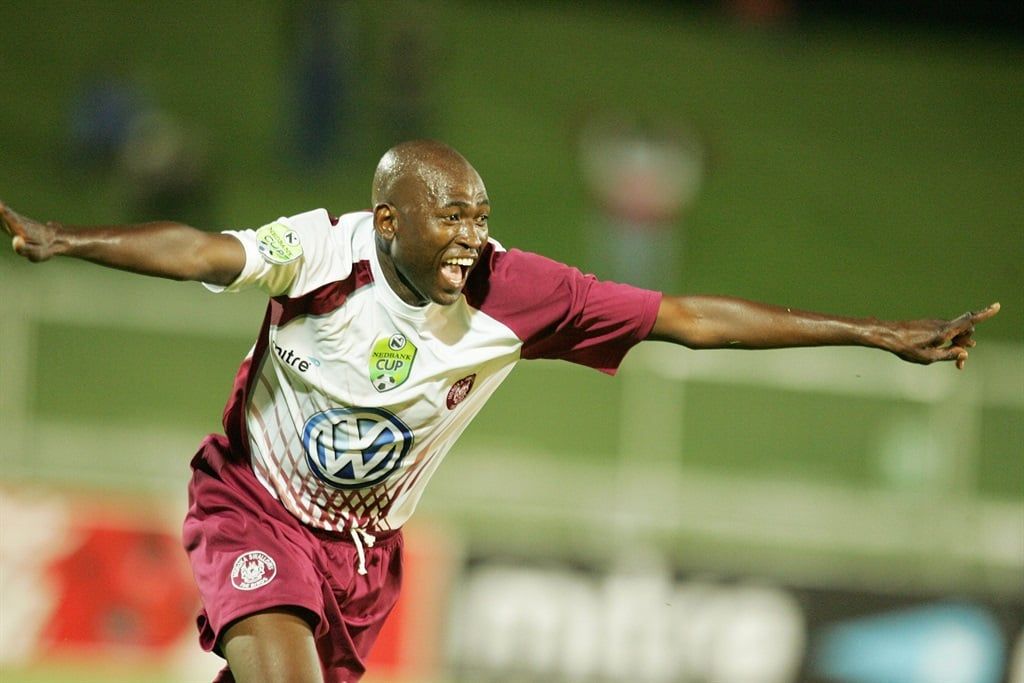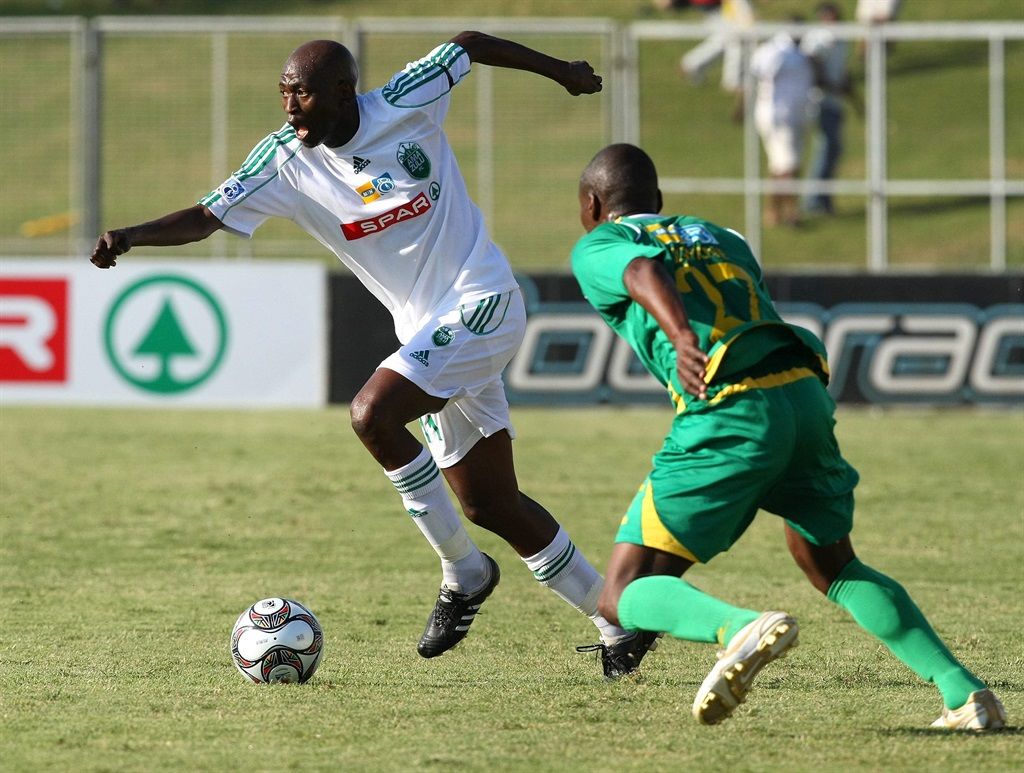From the tales of how he ran away from Kaizer Chiefs to sign for Manning Rangers through to then ultimately ending up in Russia, Japhet Zwane details the end of his playing career and the space that comes with retirement.
Zwane spent three years with Rostov, before returning home in January 2006.
READ | Chiefs reshuffle: Who stays and who goes at Chiefs, and why?
It was sad circumstances that led to him then joining Golden Arrows, before returning to Moroka Swallows, from where he proceeded to AmaZulu.
"I came back home because my wife passed away," discloses Zwane.
"So, I had to come back and be closer with the family because I was never permanently with them in Russia for all our time there.
"They would visit every now and then, but after the death of my wife, I decided to come back, and it made sense to be at Arrows as a Durban team.
"But then at the end of that year, I moved back to Swallows after Gavin Hunt showed interest while I was having some issues and not playing at Arrows.
"Getting back to Swallows, the club was now different to the team that I had left midway through the 2002/03 season when we had interests of challenging for the league because we had Warren Lewis, Gary McNab, Jabulani Mendu, the late Adam Ndlovu and Lucas Sebona.
"We beat Orlando Pirates in my last game [February 2, 2003] before I left for Rostov and Dieter Bock was invested in the club, with bonuses paid for winning games.
"Then when I came back, it was different as you could feel that the club didn't have enough money anymore and were more about selling players," says Zwane, who then called it quits at Usuthu.

It has now been 14 years since Zwane called time on his playing career and so understands that space enough to also give advice, especially in his current job as Arrows' DStv Diski Challenge coach.
"Life changes when you retire because you can't spend the way you used to spend anymore.
"If you have no income, then it comes difficult to even spend, which is unlike when there was still a salary.
"Along the way, you must adjust because you cannot live your life to the same standards compared to when you were playing.
"At that time, it is important that you have a paid-up house and car so that you focus on sending your kids to the best schools and having food for them.
"This space after you stop playing is difficult, but it shouldn't get to a point where you can't even buy a cool drink for yourself.

"Our problem in South Africa is that players don't get financial preparation compared to a country like Russia.
"The boys in Russia are already being given a stipend as juniors that teaches them how to manage money from a young age.
"With us here at home, a 19-year-old has never had R1000 of his own and suddenly earns R20 000 in a family which has always survived on the father's R3500 earnings.
"The boy suddenly gets more respect than the father as the biggest provider, which creates conflict.
"From there, the boy will find nine VW Golf 7 GTis in the parking lot at Arrows and next thing gets approved for that car at R13 000, including insurance.
"It doesn't make sense to pay R13K for a GTi with that salary.
READ: Part 4 l Life after football: 'I even worked underground in the mine as a contract worker'
"Next thing, he wants to wear branded jeans, then move from home to a flat and with that car it means it is out until late.
"The performance then gets affected and next thing he blames the coach.
"This is why we have many players whose careers don't last," laments Zwane, who has worked as team manager at AmaZulu before.
